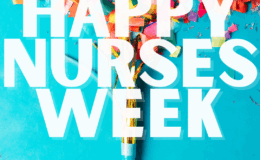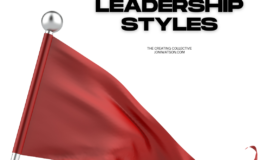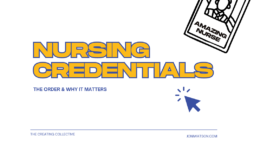The Article: Effken, J. A., Verran, J. A., Logue, M. D., & Hsu, Y. (2010). Nurse managers’ decisions: Fast and favoring remediation. Journal of Nursing Administration, 40(4): 188-195.
Big Idea: This article explores how 10 nurse managers within three Arizona hospitals made decisions regarding a quality issue on their respective units.
Survey Says!: The researchers found the nurse managers, who varied in age, years of experience, and educational background, did not use decision tools to aid their thinking and often skipped over the nursing process entirely. Rather, the managers jumped from the problem to the solution, which typically involved remedial education for the unit staff, with little or no data to guide their thinking.
Quotable: “Generally nurse managers are at the center of the action and are the “go-to” people when organizational leaders want something implemented. They are expected to identify problems and design and implement innovations that will help their units achieve targeted patient care outcomes while increasing efficiency and holding down costs [references]” (p. 188).
“Nurse managers do not make decisions in a vacuum. Organizational culture, top managerial support, and even adequate staffing can affect decision making [references]. Time constraints encourage nurse managers to make decisions very quickly, so it is not surprising that they take the kind of short cuts we observed. These short cuts may save time initially; but if the results are suboptimal, the time saved may be lost later on” (p. 195).
So What?: The authors explored this topic as they worked to develop a Dynamic Network Analysis Decision Support tool (DyNADS). It is an interesting article as it discusses the decision-making processes of both novice and expert nurses and points out the opportunity for systems changes in addition to remedial education had the nurse managers used decision tools to aid their thinking. The decision ladder method to identify nurse managers’ thinking “steps” was quite intriguing, as well, and I am considering using it as I make decisions in the future.





